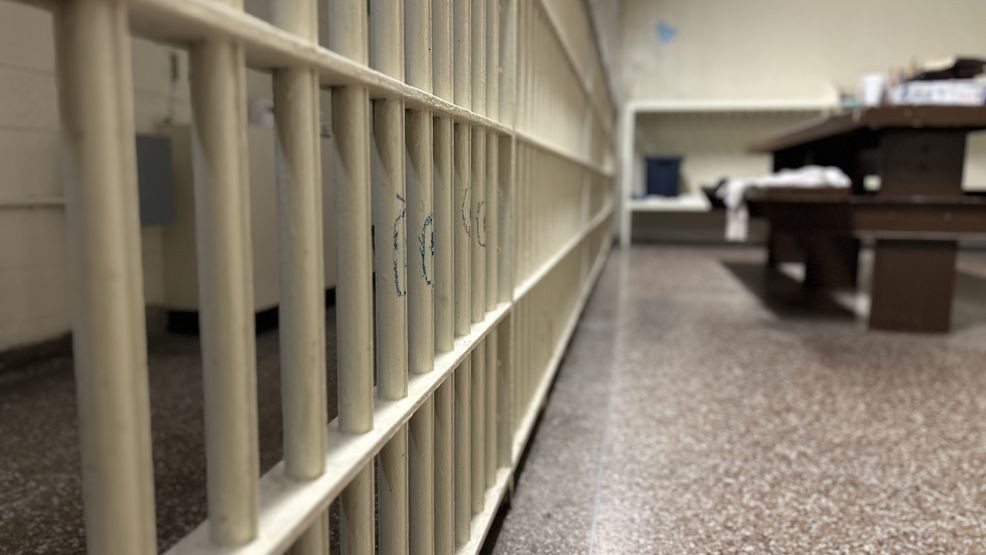WEST MICHIGAN — ‘It’s a revolving door’: Michigan jails struggle with mental health demands
Michigan jails are filling up with people suffering from mental illnesses.
25 years ago, the state shut down more than a dozen psychiatric hospitals. Mental health advocates say the cost-saving decision backfired, and now it’s costing patients who are ending up in the criminal justice system.
“Unfortunately, a lot of mental health patients fall through the cracks and wind up in jail,” Van Buren County Sheriff Dan Abbott said.
By default, Abbott said jails are becoming the place where many people who are in need of behavioral healthcare are getting help.
“We’re not a mental health facility, we can only do so much on our end,” Abbott said. “We’re trained to deal with mental patients, but then again, we’re a not a psych hospital.”
State figures show there’s more than 253 people on the waiting list to get into Michigan’s four psychiatric hospitals.
The shortage of inpatient resources is contributing to higher crime rates, according to Abbott.
“They’re out committing crimes, then we arrest them,” Abbott said. “It’s a revolving door.”
In Michigan, there are currently 11,826 prisoners being provided some level of behavioral healthcare, according to the Michigan Department of Health and Human Services.
Percentage of inmates receiving behavioral healthcare in West Michigan:
- Kalamazoo County – 15%
- Calhoun County – 20%
- Van Buren County – 25%
Calhoun County Sheriff Steve Hinkley said inmates with mental illness are often times a danger to themselves and correctional staff.
“We have some individuals that are smearing feces on the walls, on the glass, they’re breaking the video cameras, they’re constantly violent from the minute they walk in to the minute they walk out,” Hinkley said.
Additionally, inmates often find themselves in limbo waiting to be evaluated or placed in an inpatient facility.
“They can’t move forward with trials, pretrials, pleas or anything like that until they’re found competent or incompetent,” Abbott said.
“We’ve had individuals stay as long as three months looking for a bed,” Hinkley said.
Hinkley believes the state’s decision to do away with state psychiatric hospitals created the behavioral health crisis that Michigan is currently facing.
“Maybe somebody had some well intentions, but they certainly did not predict the consequences long term,” Hinkley said. “It was a mistake. If I had one wish, it would be to open more state beds. That is not the complete solution to this problem, but I will tell you that that is a significant start of it.”
Record investments have been made in recent years to increase the number of behavioral specialists and to improve access to affordable care, according to MDHHS.
However, budget proposals put forward by Michigan House Republicans in late August include nearly $4 billion in cuts to behavioral health funding and Medicaid, a 13% decrease over the current year.
The state budget right now is stalled in the Senate, which has until Sept. 30 to reach an agreement.
